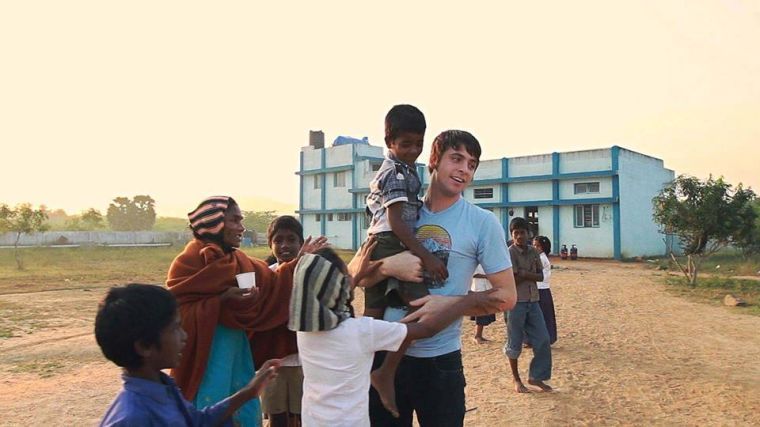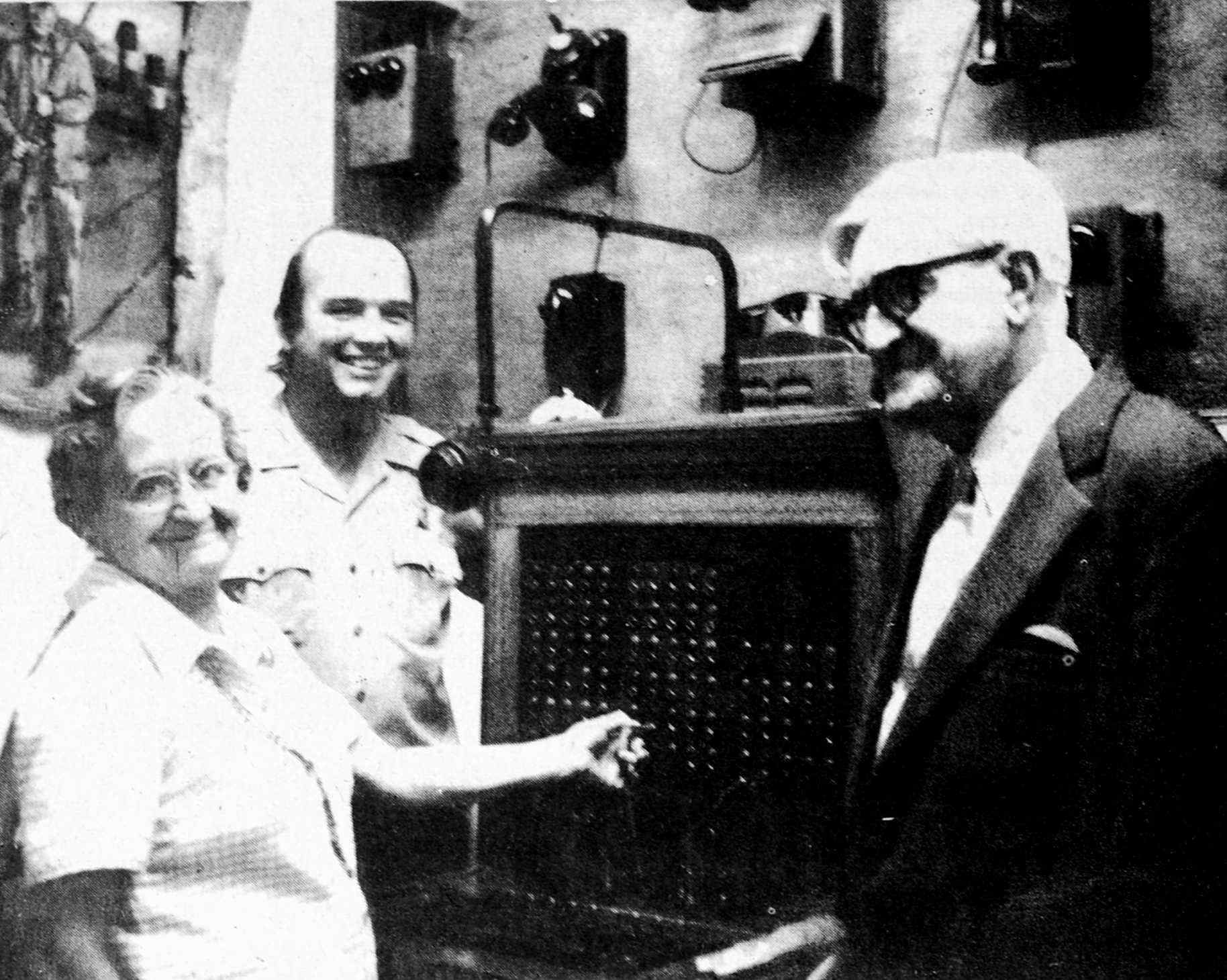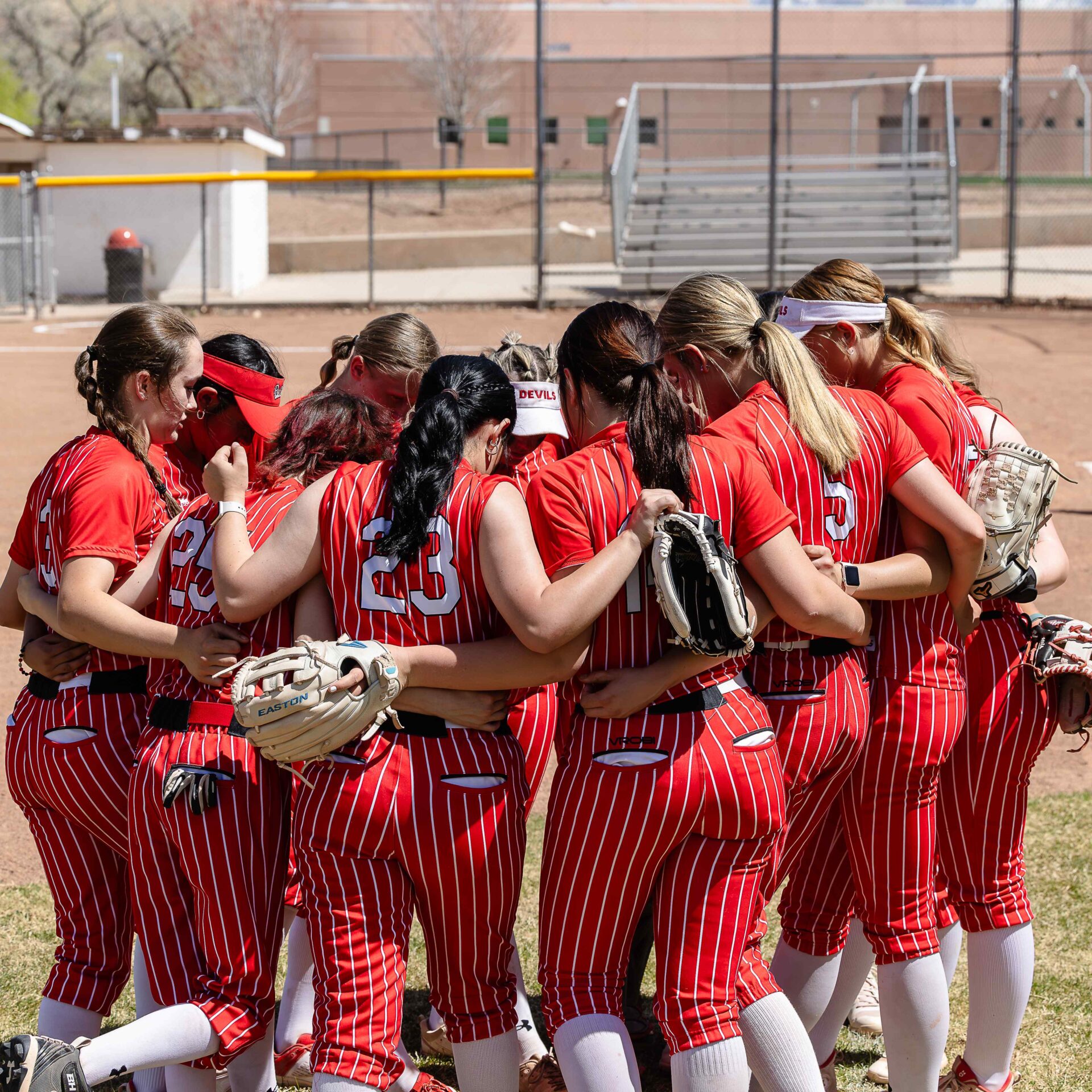Rocky Braat went to India without a plan. While there he met with children in an orphanage who were HIV positive.
The documentary “Blood Brother” tells the story of how that meeting changed his life. A free screening of “Blood Brother” will be shown at 7 p.m., Thursday, Jan. 16 at Star Hall. This screening is made available through the Utah Film Circuit: Moab, an initiative of the Grand County Public Library and the Utah Film Center, which hosts a monthly series that feature award-winning dramatic and documentary films from around the world.
“Blood Brother” won the Grand Jury Prize and the Audience Award at Sundance 2013.
Braat went to the orphanage off a recommendation from a friend of a friend, one of many stops on his tour. Shortly after a week of being in Chennai, India, he wanted to leave.
“The suffering at the orphanage was more than I could bear; the heat, the smell, the discomfort and the mosquitoes,” he said.
On the train ride to the airport he had an epiphany.
“I’m turning the suffering off, but those kids can’t. I knew I couldn’t take any of them out of that situation, but I could put myself into it,” Braat said. “The thought was enough to cancel our flights and turn us around.”
Braat left his life, friends, and career in Pittsburgh, Penn., to live with the kids.
Steve Hoover, his best friend and filmmaker, was unsettled and intrigued by this drastic action. In an effort to find out what compelled him to give up every source of stability in his life, Hoover decided to trace Braat’s story, following him to India.
He witnessed Braat and the kids endure disease, abject poverty and death. Hoover said, the strangest of all, in the midst of these troubles, he also saw their deep joy.
“I came to understand why Braat had given up everything he had to experience it,” Hoover said.
Braat said that he found the deeper pain the children experienced wasn’t the AIDS itself, but what it had done to their lives. The children are often criticized by family, friends and society for something they can’t control.
“First their parents die, then their extended families don’t know what to do, so they relinquish them. They all have major separation anxiety. I found they had been abandoned many times over – in fact that’s all they knew,” he said.
He found those emotional scars shatter the children’s confidence, leaving them wounded and without a reason to live, despite being given medications to help them live.
“My role in their lives is kind of a caretaker, a father figure, or big brother type. I focus on building the children’s emotional needs, as a family member would,” Braat said. “I want to help them grow into strong, stable, and confident adults.”
As he worked with the children, Braat began to examine his own life that was shaped by unstable and transient adults who abused him mentally and physically.
“I now know more than ever how damaging this was for me – not having someone to believe in you or build you up and how that affects you,” Braat said. “Their needs are greater with the added factor of AIDS.”
All proceeds from the film are donated to help the children from the orphanage shown in the film. Braat has since established a non-profit called Light to help the children in this orphanage and others.
“In contrast to social-issue films filled with talking-head experts and bullet-point graphs, this is a portrait of a caregiver that goes to the core of motivation — in this case, the need to share love,” said Sallie Hodges of the Utah Film Center: Moab.
Jessie Magleby from the Grand County Public Library believes the film with touch and inspire readers.
“There are so many of us who look for real meaning in our lives, a worthwhile contribution to make in the world, and this disillusioned young man found a way to do that,” Magleby said. “It takes a special kind of human to be willing to love someone who won’t be around for very long, but he finds a way to give himself to that.”
Documentary explores a man’s time serving HIV-positive children in an Indian orphanage
When: 7 p.m., Thursday, Jan. 16
Where: Star Hall, 151 E. Center St.
Cost: Free screening, made available through Utah Film Center: Moab and the Grand County Public Library
“I’m turning the suffering off, but those kids can’t. I knew I couldn’t take any of them out of that situation, but I could put myself into it.”




